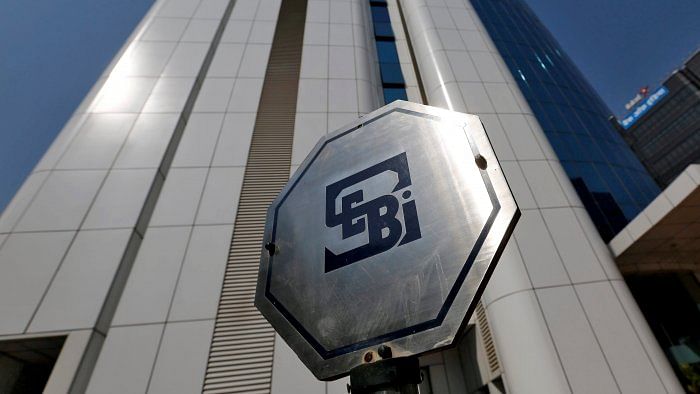
The National Stock Exchange (NSE) on Thursday said it has received final approval from the Securities and Exchange Board of India (Sebi) for setting up a social stock exchange that will enable entities involved in social activities like charitable trusts and non-profit organisations to access the capital market for funds.
The NSE will set up the Social Stock Exchange as a separate segment. Any social enterprise, non-profit organisation or for-profit social enterprises, that establishes its primacy of social intent can get registered/listed on the social stock exchange segment.
The social stock exchange segment will provide a new avenue for social enterprises to finance social initiatives, provide them visibility and bring in increased transparency in fund mobilisation and utilisation by social enterprises, the NSE said in a statement.
The idea for setting up a social stock exchange was first floated by Finance Minister Nirmala Sitharaman in the Union Budget 2019-20.
As per the guidelines issued by the market regulator, non-profit organisations and even for-profit social enterprises can register on the social stock exchange segment if they meet the eligibility criteria.
The registered organisations can mobilise funds through instruments such as zero coupon zero principal (ZCZP) via a public issue or private placement.
Currently, the prescribed minimum issue size stands at Rs 1 crore and the minimum application size for subscription is Rs 2 lakh for ZCZP issuance.
In case of for-profit social enterprises, the process of issue and listing of securities shall be same as applicable for issue and listing of securities under the extant processes of the exchange.
Subscription to such issues would be considered philanthropic.
“To bring in awareness, we have been conducting various events and hand-holding social enterprises currently at various stages of onboarding on the exchange," said Ashishkumar Chauhan, MD & CEO, NSE.
In September last year, the market regulator SEBI released a framework on social stock exchange.
As per the framework, the social enterprises will have to engage in a social activity out of 16 broad activities listed by the SEBI to be eligible for registration on the social stock exchange.
The broad activities listed by the market regulator include eradicating hunger, poverty, malnutrition and inequality; promoting healthcare, supporting education, employability and livelihoods; gender equality empowerment of women and LGBTQIA+ communities; and supporting incubators of social enterprise.
Corporate foundations, political or religious organisations or activities, professional or trade associations, infrastructure and housing companies, except affordable housing, will not be eligible to be identified as a social enterprise and thus can’t get listed on the social stock exchange.